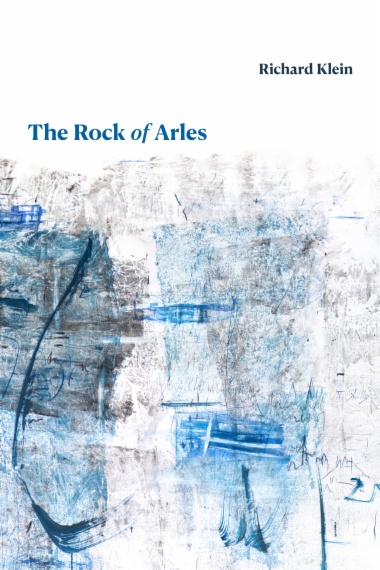Founded 2,600 years ago on a massive limestone eminence, the city of Arles has been the home of Roman emperors and captured slaves, pagan temples and Christian spires, bloody revolutionaries and powerful papists. In The Rock of Arles Richard Klein relays the history of the city as told to him by the Rock, its genius loci, which infallibly remembers every moment of its existence, from the Roman conquest of Gaul to the fall of feudal aristocracy, from the domination of the Catholic Church to the present French representative democracy. The Rock’s contrarian and dissident history resurrects the memory of three of the city’s most radical yet largely forgotten revolutionary minds: Hellenistic philosopher Favorinus, medieval Hebrew poet Kalonymus ben Kalonymus, and subversive aristocrat Pierre-Antoine Antonelle. For the Rock, each figure represents a freethinking current running through Arlesian history which countered the reactionary, bigoted forces that governed the city for fifteen centuries. Erudite, witty, and opinionated, the Rock tells the story of Arles in order to sketch the broader canvas of European history while invoking the city’s possible future.
- Cover
- Contents
- Author’s Note��������������������
- Prologue���������������
- I. Urbs Dupleix
- II. Quid Obstat Fit in Via
- III. Colonia Julia Paterna Arelate
- IV. Venus Genetrix
- V. Urbs Genesii
- VI. Peri Tuché
- VII. Felix Carcar
- VIII. A Worthy Woman: [אשה הנוגה]
- IX. A Republic of Equals
- Acknowledgments����������������������
- Notes������������
- Bibliography�������������������

